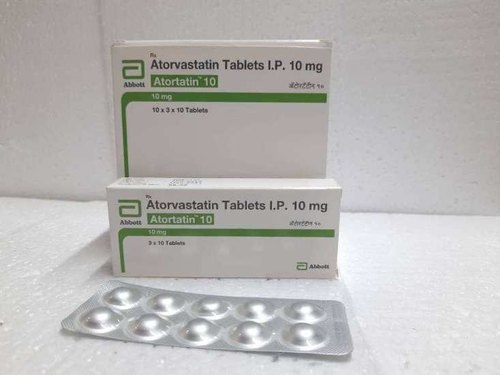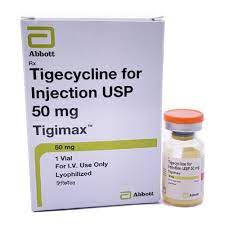atortatin
ATORVASTATIN
Introduction to Atortatin
Atortatin is a medication primarily used to manage cholesterol levels in the body. It is part of a group of drugs known as statins, which help reduce the risk of heart-related issues by lowering bad cholesterol and increasing good cholesterol.
Composition of Atortatin
Atortatin contains the active ingredient Atorvastatin, which works by blocking an enzyme in the liver responsible for producing cholesterol. This action helps in reducing the overall cholesterol levels in the blood.
Uses of Atortatin
- Lower high cholesterol levels
- Raise good cholesterol (HDL)
- Lower triglyceride levels
- Reduce the risk of heart attacks
- Reduce the risk of strokes
- Prevent other heart-related issues
Side Effects of Atortatin
Common Side Effects:
- Stuffy nose
- Sore throat
- Diarrhea
- Urinary tract infection
- Upset stomach
- Nausea
- Muscle cramps
- Joint pain
- Trouble sleeping
Serious Side Effects:
- Muscle damage
- Liver problems
Precautions of Atortatin
Atortatin is not recommended for pregnant or breastfeeding women. It can interact with several medications, so it is crucial to inform your doctor about all the medications you are taking to avoid dangerous interactions. If you experience significant mood changes, muscle pain, or discomfort, contact your doctor immediately.
How to Take Atortatin
- Take Atortatin once a day.
- It can be taken either before or after eating.
- If taken before eating, wait at least 1 hour after taking it.
- If taken after eating, wait at least 2 hours after taking it.
Conclusion of Atortatin
Atortatin is an effective medication for managing cholesterol levels and reducing the risk of heart-related issues. However, it is essential to follow your doctor's instructions and be aware of potential side effects and interactions with other medications. Always consult your healthcare provider for personalized advice and guidance.

Available in 3 variations

strip of 10 tablets

strip of 10 tablets

strip of 10 tablet













.svg)
